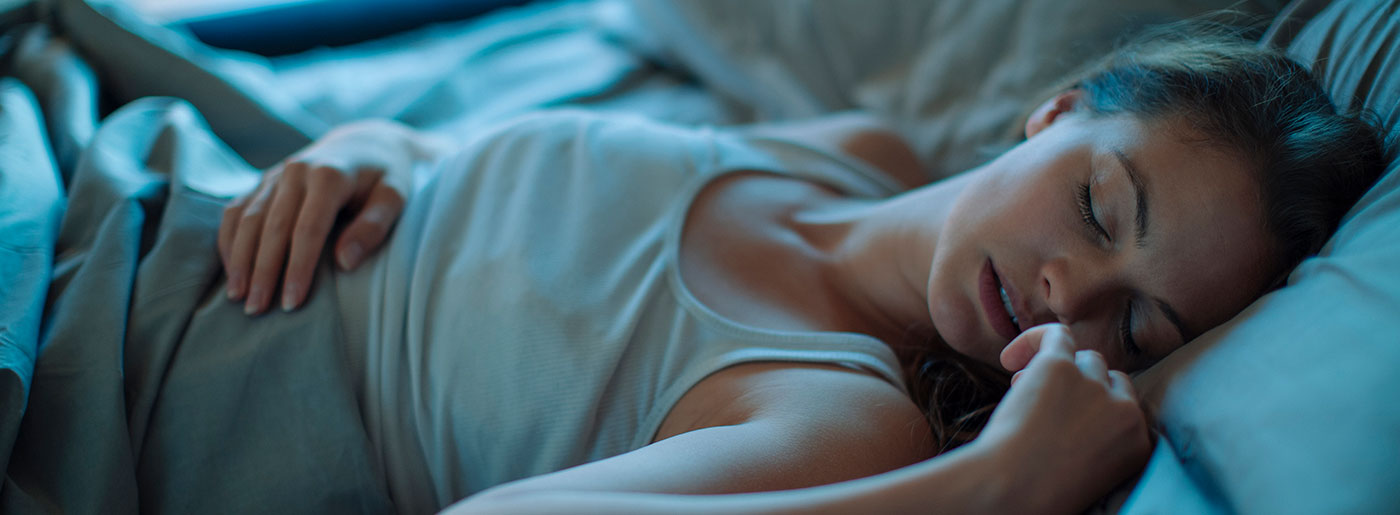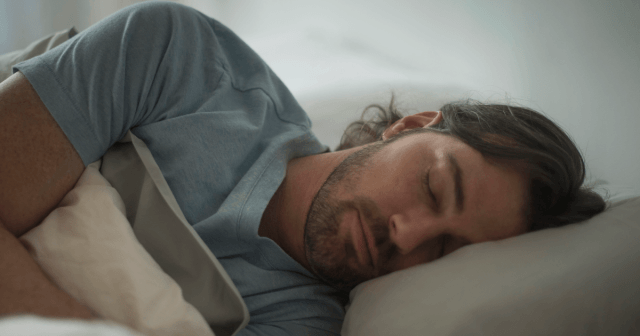Do you find yourself living for the weekend so that you can catch up on sleep? Or are the weekends an opportunity for you to stay up late, but that means you end up feeling tired during the week? Well, you could be suffering from social jetlag.
Social jetlag definition
Social jetlag describes the misalignment between social and biological times. When talking about social times, scientists don’t mean when you clock off from work, head to the bar or fitness class, and be ‘social.’ Instead, they are talking about our socially dictated schedules, primarily when we are expected to be at work or school.
Social norms mean that most people are committed to waking early on weekdays, such as commuting to work or school. However, for a large portion of the population, this schedule doesn’t fit with their body clocks, which would wake naturally around mid-to-late morning.
Missing out on a full night of rest and recovery, especially if you have to force yourself awake each weekday morning with an alarm clock, creates a sleep debt for some people who need to make up for this lost sleep time over the weekends. However, this sudden difference or disruption in sleeping patterns for two days creates a ‘jetlag’ of sorts when you switch back to your social schedule on Monday.
What causes social jetlag?
Social jetlag’s name refers to this temporary shifting of sleeping patterns, which has a similar effect on the body as travelling to a different time zone. Essentially, by not having a consistent sleep and wake time, we confuse our body clock and suffer consequences. People who do shift work will know what this feels like, especially if they regularly switch between day and night shifts.
So, why does this happen? The suprachiasmatic nucleus (SCN) is a tiny part of our brain which communicates to the circadian clock in each of our cells the simple timings for our everyday physiology. Our hormones, mood, body temperature, and sleepiness are all governed by these timings. Your body roughly runs on a 24-hour schedule – although there is a significant difference if you are a morning or a night person, which is also known as your chronotype.
Your SCN knows what time it is because of how our eyes (or their light-responsive cells) are exposed to light. Before the modern era, this would have been the sun’s rising and setting. These days, our exposure to bright (or blue-enriched) light at night affects how our brain perceives time.
If you shift your light exposure at the weekend (and, therefore your sleep) but then force it back to your regular social schedule on a Monday, it’s the equivalent of flying across multiple time zones and then back in a few days. So, if you stay up late binge-watching Netflix or dancing all night at a club every weekend, your internal clock will constantly suffer from this ‘jetlag.’
Chronotypes: larks vs. owls
Chronotypes are the natural inclination of your body to sleep or be alert at certain times, which are affected by environmental factors but are influenced by genetics as well. Sleep researchers have given two chronotype categories some appropriate nicknames: larks and owls.
Larks are people who are naturally early risers. They will wake early in the morning on any day of the week and struggle to stay up late. However, this means if they do have a late night, they may naturally wake around the same time rather than sleep in, creating a sleep debt they will need to make up for.
Owls are people who naturally stay up late and thus prefer to sleep through till mid/late morning. This means that they struggle to wake up for work or class during the week but try to catch up on their sleep over the weekend. According to an article published in Chronobiology International in 2006, moderate to extreme owls (late chronotypes) represent the majority of the population.
Both of these chronotypes can experience social jetlag. However, owls tend to be affected by it more regularly because they don’t naturally fit with the social schedules of work and school.
Social jetlag symptoms
Some common, everyday symptoms of social jetlag can include:
- feeling intensely groggy in the morning
- feeling sleepy or ‘jetlagged’ during the day
- experiencing poor concentration
- experiencing stress, depression, or irritability
- taking longer to fall asleep at night
However, the longer-term consequences for our health can be severe. A 2018 study from the University of Cincinnati found that those who regularly experience social jetlag are at an increased risk of:
- sleep disorders, such as sleep apnea
- metabolic syndrome (which includes obesity, Type 2 diabetes, and high blood pressure
- cardiovascular disease
How to bounce back from social jetlag
If you often find yourself experiencing social jetlag, there are ways to combat it based on your chronotype.
- If you are a lark (a natural early riser), try to maintain your sleep times every day. You may be tempted to stay up late every Friday and Saturday because, hey, it’s the weekend. However, this shift will either create a sleep debt if you still wake at the same time or social jetlag during the week if you sleep in on the weekend.
- If you are an owl (a natural late riser), look into changing your work and study schedules to fit your sleeping patterns. By allowing yourself to sleep later during the week, you will be able to maintain a consistent sleep time on the weekends as well. Where possible, it’s important to work in accordance with your chronotype rather than working against it and constantly struggling with social jetlag.
No matter what your chronotype is, remember: keeping a regular sleep pattern is as important as the quantity of sleep we have.
Even small changes to your schedule, no more than 15 minutes, can make a tremendously improve the quality of your sleep.
Here are a few simple habits you can develop to fix your sleep routine and avoid social jetlag:
- Stick to the same sleep and wake times (within a 15-30 minute window) on work and free days.
- Seek light in the first hours of the day – it’ll teach your body when it’s time be awake and alert.
- Develop a bedtime routine promotes sleep, limiting light exposure.
- Avoid caffeine after 2pm.
- Find the optimal time to exercise.
If you liked this post, don’t forget to share so that others can find it, too.
Or give it a thumbs up!
I like this article
Please note that the information provided in the Polar Blog articles cannot replace individual advice from health professionals. Please consult your physician before starting a new fitness program.





